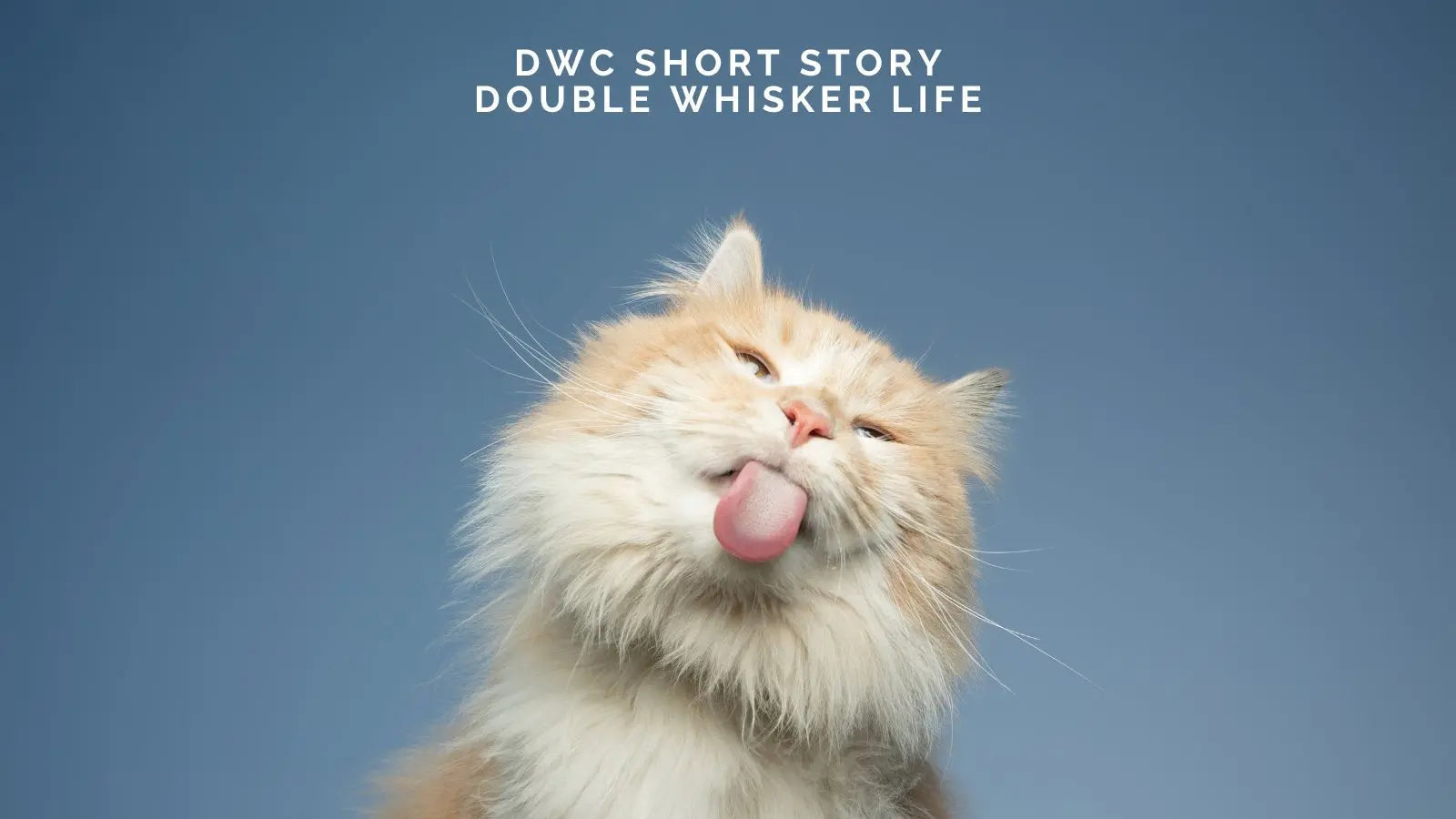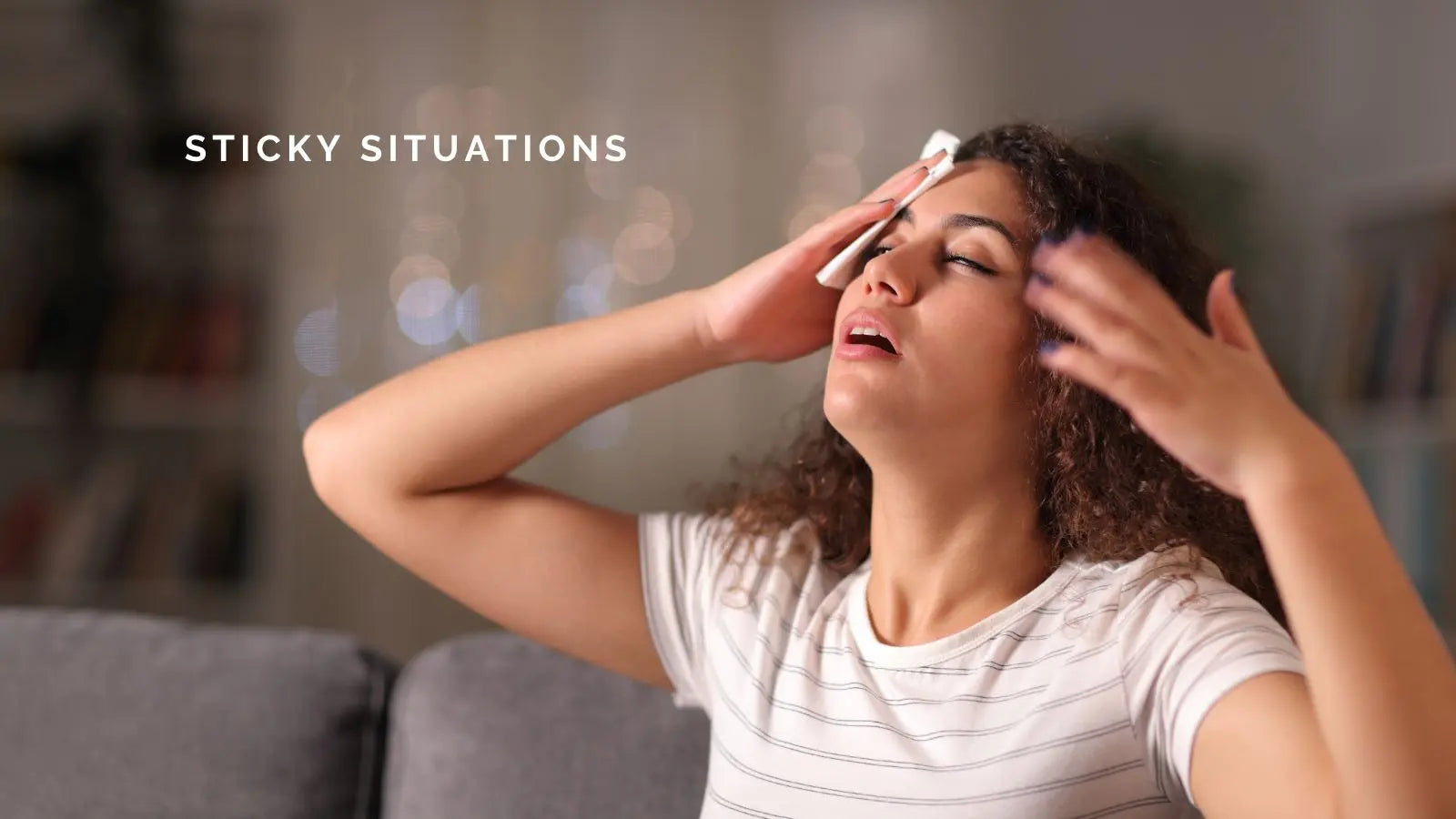
When we think about pet care, we often prioritize high-quality food, regular vet visits, and lots of cuddles. But there's one critical area that often gets overlooked until it's too late—dental care. Just like humans, cats and dogs need proper oral hygiene not only to maintain fresh breath and a shiny smile, but to protect their overall health and longevity.
Let’s explore why dental care, particularly in relation to diet and surroundings, is so important—and how you can help your furry friend avoid painful consequences down the line.
The Hidden Dangers of Poor Dental Hygiene
Poor dental care isn’t just about bad breath. Neglected teeth and gums can lead to serious health issues for your cat or dog, many of which aren't obvious until they're already advanced. Here are some of the most concerning dangers:
Periodontal Disease
This is the most common dental issue in pets, especially dogs. It starts with plaque buildup and can escalate to infection, tooth loss, and even jawbone damage. In cats, a similar issue—stomatitis—can cause painful inflammation and tooth resorption.
Organ Damage
Bacteria from untreated dental infections can enter the bloodstream and travel to the heart, liver, and kidneys, causing life-threatening complications. This is often referred to as bacteremia, and it's as serious as it sounds.
Chronic Pain
Imagine having a constant toothache and not being able to tell anyone. That’s what many pets endure when dental disease is left untreated. Painful teeth and gums affect their ability to eat, play, and enjoy life.
When Your Pet’s Mouth Is Trying to Tell You Something
Dental issues often go unnoticed until they're severe, but there are subtle signs you can watch for:
Bad breath (not just the usual “doggy” breath)
Difficulty chewing or dropping food from the mouth
Swollen or bleeding gums
Discoloured, loose, or missing teeth
Pawing at the mouth or face
Decreased appetite or sudden weight loss
Behavioural changes, such as irritability or lethargy
If you notice any of these symptoms, it’s time for a vet visit and likely a dental exam.
What You Feed Impacts Oral Health
Your pet’s diet plays a huge role in dental health. Some foods and treats can actually help reduce plaque and tartar, while others can worsen it.
For Dogs: Dry kibble can help reduce plaque buildup compared to soft food. Dental chews (approved by your vet) are designed to mechanically clean teeth as your dog chews. Raw bones (with caution and vet approval) can also help, but never give cooked bones as they splinter easily.
For Cats: Special dental diets with larger kibble pieces encourage chewing and have plaque-reducing properties. Additives for water or food can help reduce bacteria and freshen breath. Avoid sugary treats and wet foods that stick to teeth, unless balanced with dental hygiene.
Creating a Dental-Friendly Home
Your pet’s surroundings also influence their oral health. Here’s how to foster a supportive environment:
Provide Safe Chew Toys
Chewing is natural and helps remove debris and plaque. Opt for non-abrasive, size-appropriate toys to encourage healthy chewing habits.
Clean Water Always
Fresh water is essential—not just for hydration but for washing away food particles and bacteria.
Regular Brushing Routine
Yes, you can brush your pet’s teeth! Use pet-specific toothpaste (never human toothpaste) and start slow. Even brushing 2-3 times a week can make a huge difference.
Routine Vet Checks
Schedule annual dental exams, and professional cleanings as needed. Many pets over the age of 3 already have some form of dental disease, so proactive care is key.
Long-Term Dental Care: Building Healthy Habits That Last
Good oral health is a lifelong journey. Here’s a quick roadmap to keep your pet smiling:
Start Early – Begin brushing and handling their mouths when they're young, or ease older pets into a routine with patience and positive reinforcement.
Monitor – Check your pet’s teeth and gums regularly.
Supplement – Use dental wipes, water additives, and dental treats to supplement brushing.
Vet Partnership – Maintain regular checkups and discuss any concerns with your veterinarian.
Dental care isn’t a luxury—it’s a necessity. By prioritising your cat or dog’s oral health through smart diet choices and a clean, supportive environment, you’re not just giving them a pretty smile—you’re protecting their heart, kidneys, and overall quality of life.
So, next time you cuddle up with your four-legged friend, take a peek at those pearly whites. A little attention now could add years of health and happiness to your pet’s life.

















